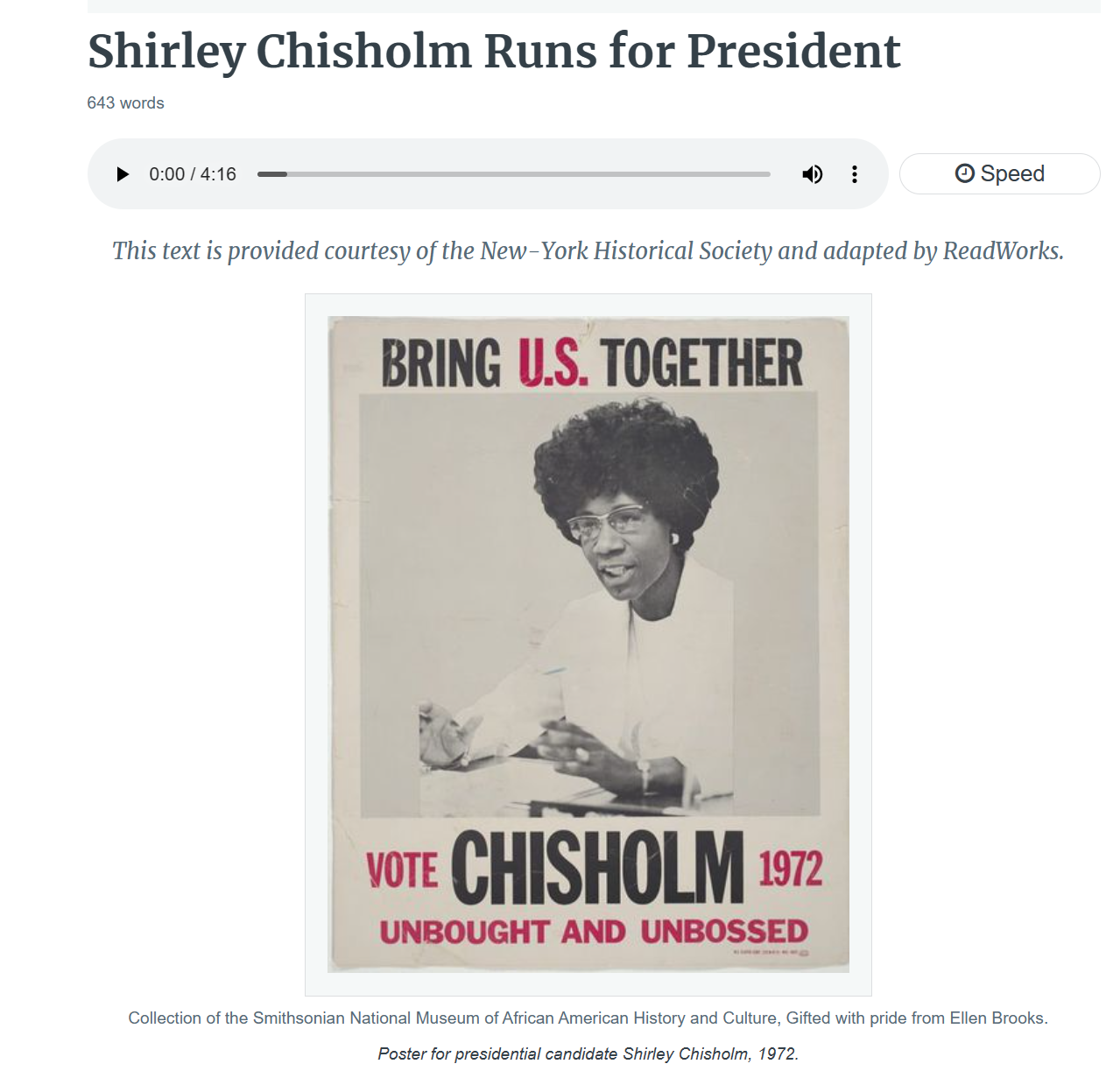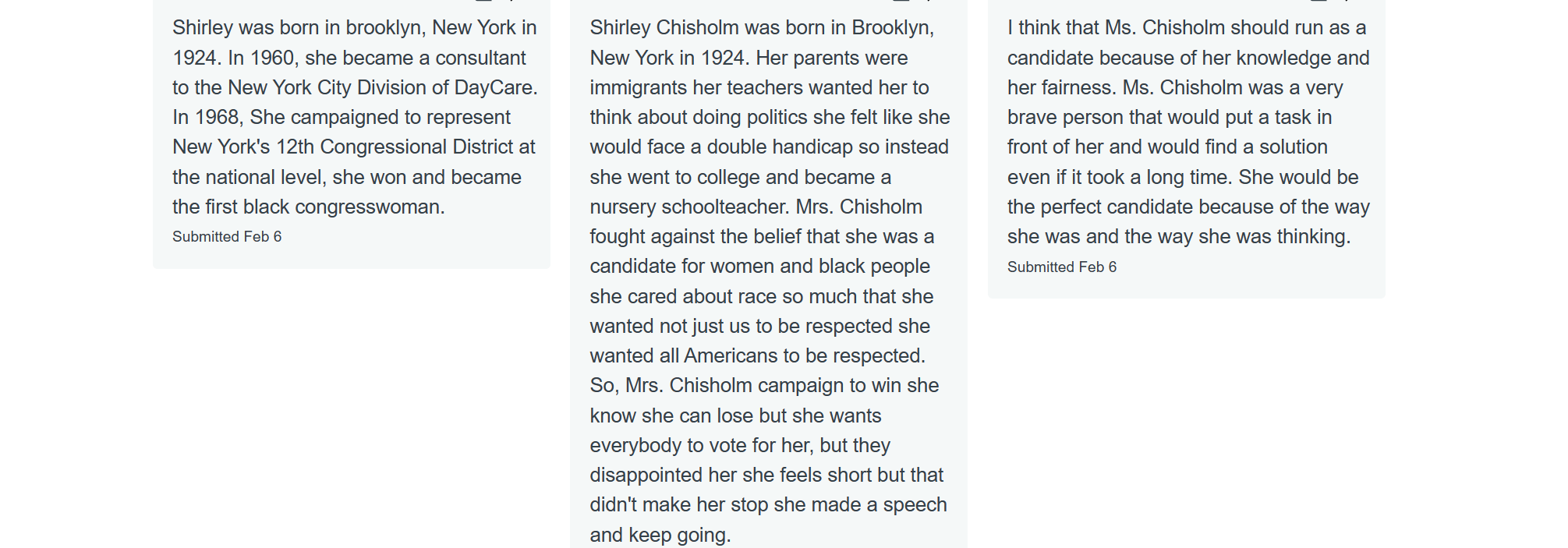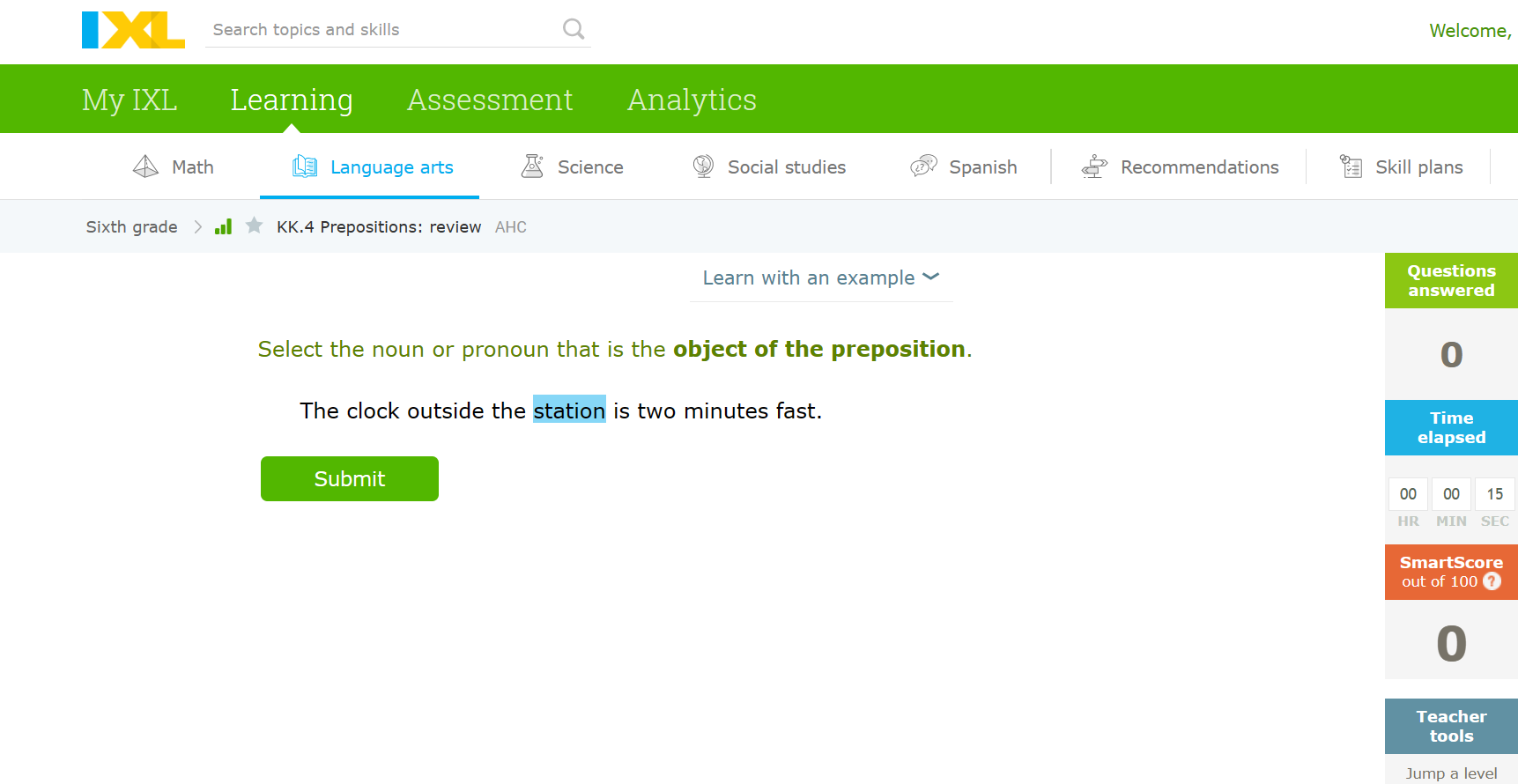The teacher must plan instruction that supports all students to aide them in meeting unique learning goals. Instruction is based upon the teacher’s understanding of content, curriculum, and pedagogy. Further, instruction is based upon cross-disciplinary skills, the knowledge of learners, and the community context. This standard ensures that each student can meet their individual learning goal. In order to showcase effective instructional planning in the classroom, we must collaborate with colleagues to create lessons that value cross-disciplinary learning, utilize technology and other resources to maximize the learning power and environment, and consistently use assessment data to monitor students’ growth.
Readworks for Cross-Disciplinary Learning
Creating and planning lessons through collaboration with colleagues will allow the students to make connections throughout their classes and ultimately receive a stronger, more relevant education. When educators collaborate to craft lessons that connect with various subject areas, the student is then able to visualize and conceptualize how every subject plays an important role in their education.
One way I plan for instruction using cross-disciplinary skills is with a learning platform called Readworks. This website is a reading comprehension tool that offers research texts for students to work with in the classroom or at home. I use the “Article-A-Day” feature which allows my students to read (or listen to) a short article on a specific topic each day. Students can also submit written work in response to the article they read! I can select articles that coincide with their history and science lessons for the week, making this a wonderful cross-disciplinary resource. For example, during Black History Month, we read articles focusing on African American and black historical figures.


IXL for Tracking Student Understanding and Growth
Teachers should effectively plan for instruction through the utilization of technology and outside resources to maximize the learning power and environment. These resources allow educators to meet the demands of diverse learning. One resource that I use regularly with my students is IXL. IXL is a targeted learning tool. It offers experiences for students, tailored to their age group by specific subject and topic. By offering analytics and recommendations, it is able to help support teaching and learning with a very focused outcome. We recently used IXL as a Do Now activity for our unit on prepositions. The students can work at their own pace as they challenge themselves to get the highest smart score possible. I like that I can track the progress of every student; this allows me to make adjustments to lesson plans as needed. IXL also includes a feature that allows me to review trouble areas or frequently missed questions.

Pre and Post Testing
Data allows teachers to track each individual student’s growth and monitor their understanding within a particular unit. It is important that teachers utilize this data in further plans for instruction and make decisions based on the results of said assessments. Using assessments to gather data throughout the year of instruction promotes and measures the student’s growth throughout the year in class. Diagnostic assessments allow us to dive into a student’s prior knowledge and get a better understanding of where an individual learner stands on a specific topic.
Before starting our unit on prepositions, I gave my group of 9th graders a pre-test to see where they stood with the content. After grading the pre-tests, I was able to make adjustments to the prepositions unit based on student scores. The pre-tests showed me that students needed more practice on objects of prepositions and prepositional phrases. Furthermore, pre-tests can be used to track student learning and growth at the end of a unit. At the end of our prepositions unit, we will have a final (post) test. I can use data from both tests to track student growth. This data will provide information to teachers that can help guide their planning for the next or future units.
See Assessment page for the Record of Pupil Learning.